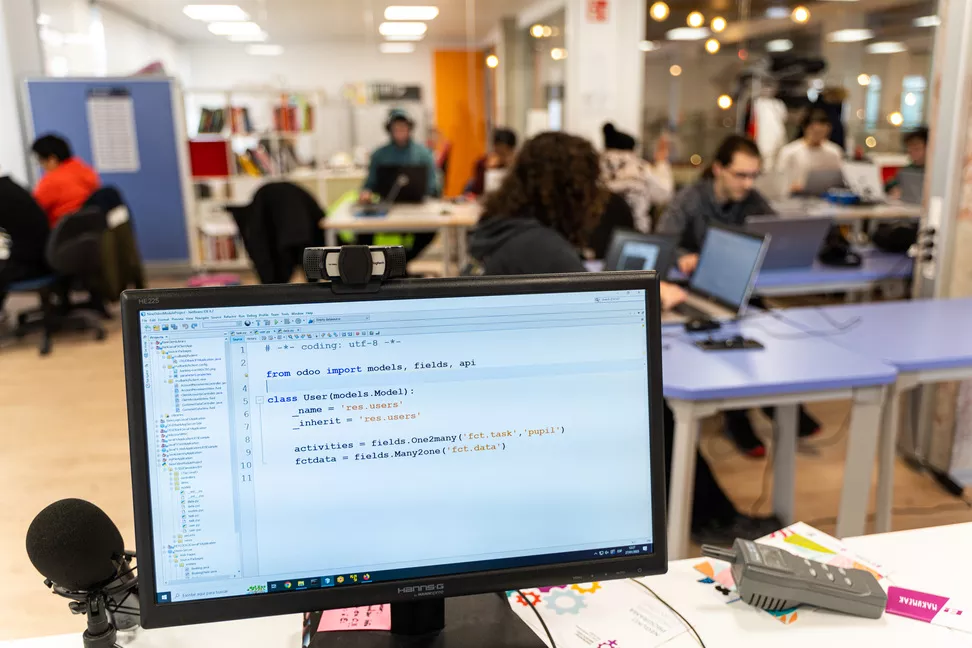| Professional Module | Hours-total | Year |
|
Cybersecurity Incidents
|
84 | 1st |
|
Bastioning of networks and systems
|
192 | 1st |
|
Safe production start-up
|
120 | 1st |
|
Computer Forensic Analysis
|
96 | 1st |
|
Ethical Hacking
|
120 | 1st |
|
Cybersecurity regulations
|
48 | 1st |
| Basic fundamentals | 60 | 1st |
| On-the-job training | 180 | 1st |
| Total hours of the course | 900 |
The qualifications that give access to the Specialisation Course are the following:
- Higher Technician in Computer Network Systems Management.
- Higher Technician in Multi-platform Applications Development.
- Higher Technician in Development of Web Applications.
- Higher Technician in Telecommunications and Computer Systems.
- Higher Technician in electronic Maintenance.
Other access qualification:
- Higher Technician in a VET course different from the previous ones and with proven experience in the specialization course area.
- Other qualifications provided they can demonstrate adequate prior knowledge to successfully complete the course.
You can work as a/an:
- Cybersecurity expert.
- Cybersecurity auditor.
- Cybersecurity consultant.
- Ethical hacker.
- Develop and implement cybersecurity prevention and awareness plans within the organization, applying current regulations.
- Detect and investigate cybersecurity incidents, documenting them and including them in the organization’s security plans.
- Design security plans, considering best practices for system and network bastioning.
- Configure access control and authentication systems for computer systems, meeting security requirements and minimizing the possibility of exposure to attacks.
- Design and manage networked computer systems and implement established security policies, ensuring required functionality with a controlled level of risk.
- Analyze the level of security required by applications and the most common attack vectors, preventing cybersecurity incidents.
- Implement secure software deployment systems with adequate coordination between developers and those responsible for software operations.
- Perform computer forensics, analyzing and recording relevant information.
- Detect vulnerabilities in systems, networks, and applications, assessing associated risks.
- Define and implement procedures for regulatory compliance in cybersecurity and personal data protection, implementing them both internally and with third parties.
- Prepare technical and administrative documentation in compliance with current legislation and meeting established requirements.
Professional group: Computer Science and Communication
Total duration: 900h
- First year 900h
- Second year -
Model: A (Spanish)
Shift: afternoon








